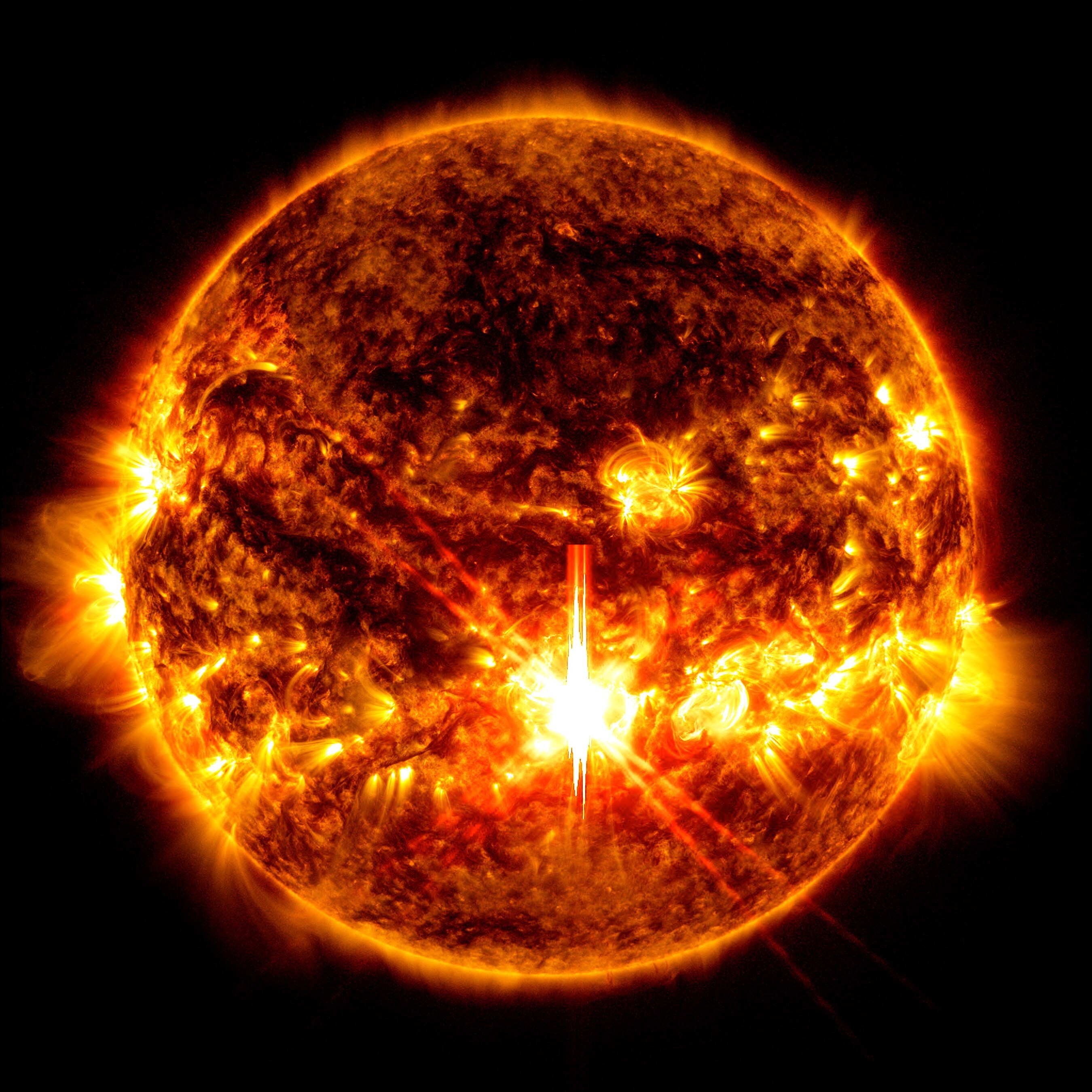WASHINGTON, Oct. 8, 2024 -- NASA and the National Oceanic and Atmospheric Administration (NOAA) will discuss the Sun's activity and the progression of Solar Cycle 25 during a media teleconference at 2 p.m. EDT, Tuesday, Oct. 15. Tracking the solar cycle is a key part of better understanding the Sun and mitigating its impacts on technology and infrastructure as humanity explores farther into space.
During the teleconference, experts from NASA, NOAA, and the international Solar Cycle 25 Prediction Panel, which is co-sponsored by both agencies, will discuss recent solar cycle progress and the forecast for the rest of this cycle.
Audio of the teleconference will stream live on the agency's website at:
Participants include:
- Jamie Favors, director, NASA's Space Weather Program
- Kelly Korreck, program scientist, NASA's Heliophysics Division
- Elsayed Talaat, director, Office of Space Weather Observations, NOAA
- Bill Murtagh, program coordinator, NOAA's Space Weather Prediction Center
- Lisa Upton, co-chair, Solar Cycle 25 Prediction Panel
To participate in the media teleconference, media must RSVP no later than 12 p.m. on Oct. 15, to Abbey Interrante at: abbey.a.interrante@nasa.gov.
The Sun goes through regular cycles of activity lasting approximately 11 years. During the most active part of the cycle, known as solar maximum, the Sun can unleash immense explosions of light, energy, and solar radiation, all of which create conditions known as space weather. Space weather can affect satellites and astronauts in space, as well as communications systems such as radio and GPS — and power grids on Earth. When the Sun is most active, space weather events become more frequent. Solar activity, such as the storm in May 2024, has sparked displays of aurora and led to impacts on satellites and infrastructure in recent months.
NASA works as a research arm of the nation's space weather effort. NASA observes the Sun and our space environment constantly with a fleet of spacecraft that study everything from the Sun's activity to the solar atmosphere, and to the particles and magnetic fields in the space surrounding Earth. The NOAA Space Weather Prediction Center is the U.S. government's official source for space weather forecasts, watches, warnings, and alerts.
For more information on how NASA studies the Sun and space weather, visit:
This News is brought to you by Qube Mark, your trusted source for the latest updates and insights in marketing technology. Stay tuned for more groundbreaking innovations in the world of technology.








